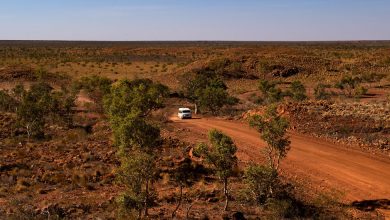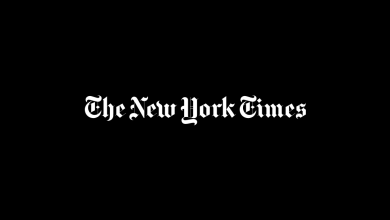Canada Re-Criminalizes Public Drug Use in British Columbia

The government of Canada on Tuesday walked back part of a program allowing people in British Columbia to possess small amounts of drugs, including heroin and cocaine, without fear of criminal charges. At the request of the province and after a public backlash, people in British Columbia are no longer permitted to use drugs in public places.
Under the changes, which went into effect immediately, adults will still be allowed to possess small amounts of drugs. But they will now have to use them in legal residences, at safe injection sites and at other harm-reduction centers established by the health authorities.
The re-criminalization of public drug use in British Columbia underscores the difficulties that governments face as they grapple with the opioid crisis. Even in a province that has been a global pioneer of the harm reduction movement, an approach that seeks to reduce risky behavior rather than to punish drug users, there are no easy answers.
The province’s coroner estimated that there were a record 2,511 toxic drug deaths last year. Drug overdoses from toxic substances kill more people ages 10 to 59 than homicides, suicides, accidents and natural diseases combined in British Columbia, according to the provincial coroner’s office.
The goals of decriminalizing possession were to enable police officers to focus their time on large drug distributors rather than users and encourage users to be open to treatment. But concerns about public drug use have quickly surfaced and raised repeatedly in the provincial legislature by members of opposition parties.
Eugenia Oviedo-Joekes, a professor in the medical school at the University of British Columbia who studies addiction and public health policy, said the decision amounted to “three steps back” in dealing with the opioid crisis.




